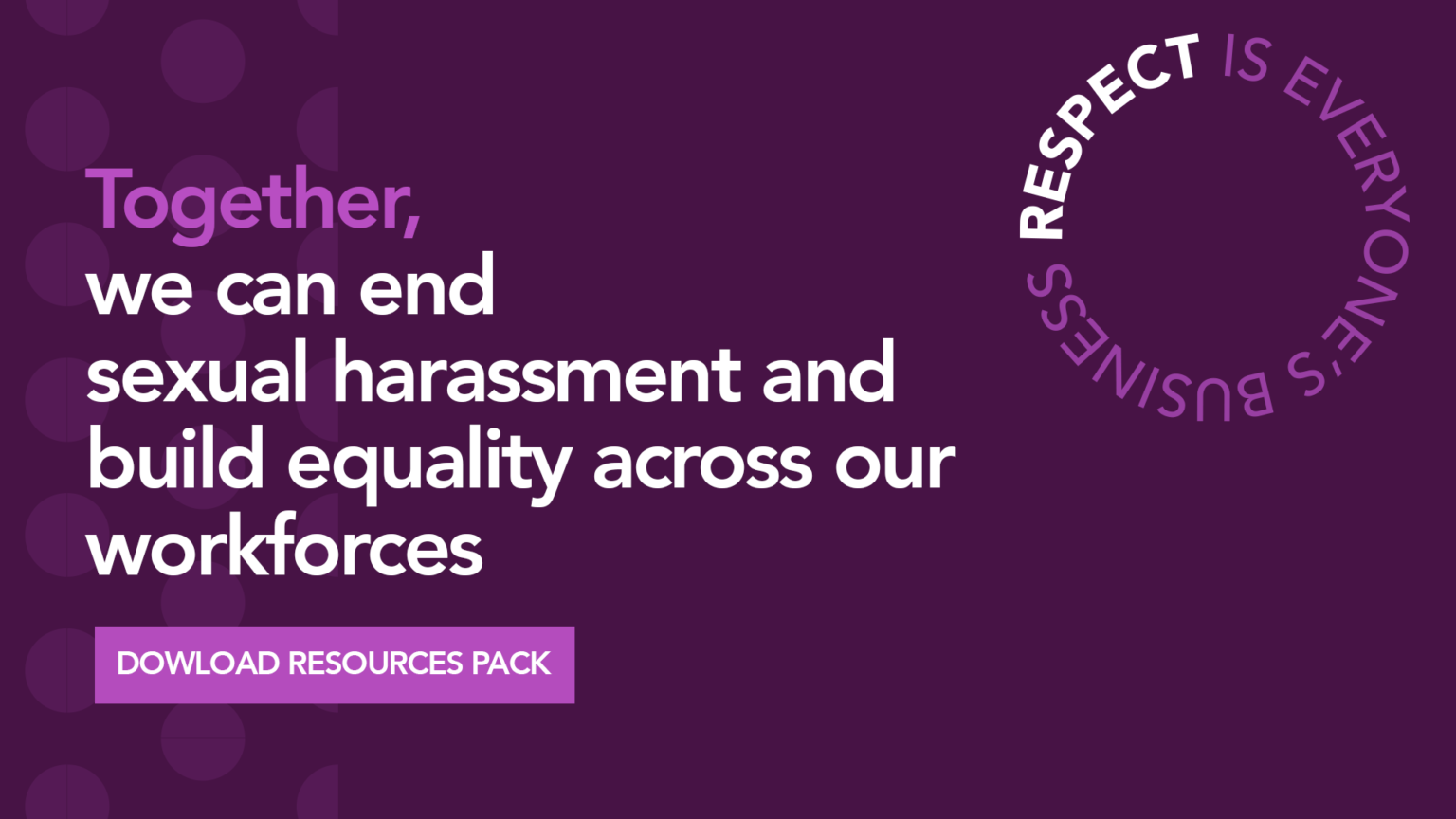It’s time to mobilise to end sexual harassment in the workplace.
As CEW members and CEW Connect community members, we have incredible influence and reach. Let’s combine our collective power to eradicate sexual harassment.
We need to ensure the elimination of sexual harassment is firmly planted on the board’s and executive’s agenda and that it remains in sharp focus.
We are in a powerful position to ensure our boards and executive teams understand a new Australian positive duty for organisations to eliminate sexual harassment in their workplaces. This duty came into effect on 13 December 2022. Since 12 December 2023, the Australian Human Rights Commission has had increased powers to enforce compliance with positive duty.
In our work, we call on organisations to demonstrate their leadership and commitment to undertaking their positive duty to systematically prevent sexual harassment and related inappropriate conduct in their workplaces. Essential within this duty is creating and maintaining a respectful and safe culture and building psychological safety and trust. Through building this culture, organisations demonstrate their commitment to preventing these behaviours in the first place.
To help, CEW has created resources to initiate critical conversations at work. These tools are designed to navigate potential resistance, model suggested phrasing, and offer examples of reporting frameworks. This is not a turnkey solution but a start for you to build on.
We’ve offered a range of resources for various stages of the journey – so you can access what you need when it’s most relevant to you.
Impactful change requires a collection of voices.
Together, we can end sexual harassment and build equality across our workforces.

The time for patience is over.
The external climate has made boards realise that even if you don’t want to focus on sexual harassment as a board issue, the community, the workforce and investors now expect more of leaders, and our new laws demand it. With the help of these practical materials from CEW, every board and leadership group can now have effective conversations about preventing and better responding to sexual harassment.
Now leaders just need the courage to have these urgent and difficult conversations, to match the courage shown by so many survivors of sexual harassment who deserve change.
Kate Jenkins, Former Sex Discrimination Commissioner, Australian Human Rights Commission, CEW Member

Levels of sexual harassment in Australian workplaces are shocking and pervasive.
In the past five years, one in three people has been sexually harassed at work. This must end.
The introduction of positive duty will be a game changer. It dramatically moves the focus from zero tolerance to zero harm, demanding organisations be proactive not merely reactive.
As CEW members we have incredible influence and reach.
We need to put this to good use and urge our organisations and boards, not just to comply with the new regulations but to step up as leaders in creating safe workplaces where everyone can thrive.
Together, we can end sexual harassment and build equality across our entire workforce.
Respect is everyone's business.
Susan Lloyd-Hurwitz, President, CEW

Download our resource pack
Respect is Everyone’s Business is about equipping everyone, especially leaders with influence, with the tools to create safe and respectful workplaces.
We encourage all leaders to use and share these resources in their spheres of influence and help eliminate and prevent sexual harassment in their workplace even before it happens.


